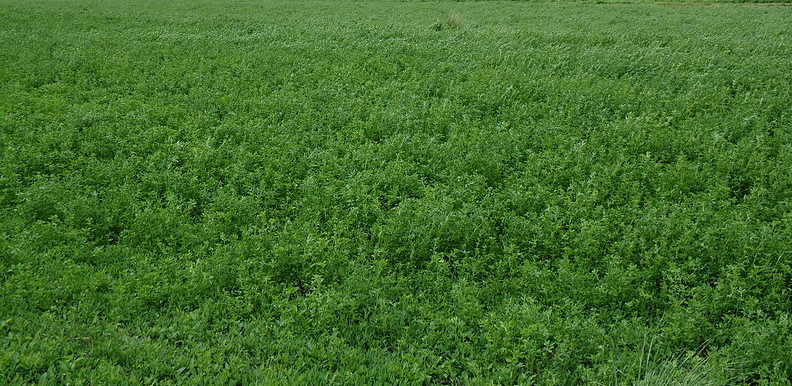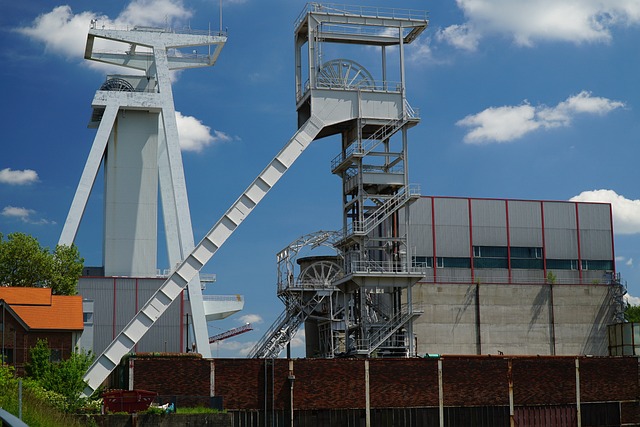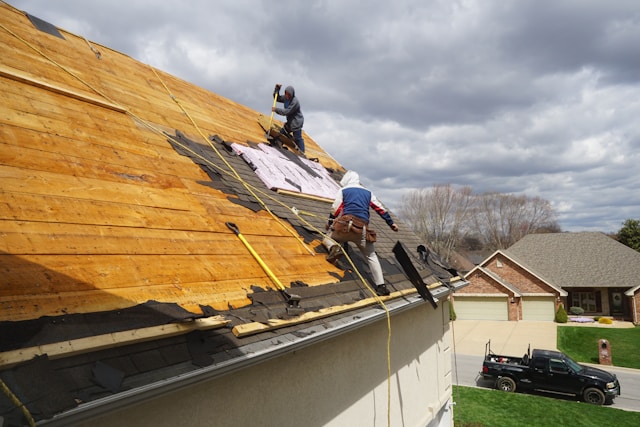As the time to send the first crewed mission to Mars is approaching, scientists are running experiments to make Mars hospitable. So, for long-term bases, scientists want to make them self-sufficient in as many essentials as possible.
In order to colonize Mars, one of the major challenges is to generate a stable supply of food. It is not at all practical to supply all the resources from the Earth. Ultimately, we will have to grow food in space for astronauts.
The basic elements required for growing crops are soil, water, food, and sunlight. However, Martian soil has basalt, which is a kind of volcanic rock and is almost devoid of any organic matter. Not only this, but even its chemistry is also inhospitable for most plants.
“The low nutrient content of Martian soil and high salinity of water render them unfit for direct use for propagating food crops on Mars,” write the researchers in their published paper. “It is therefore essential to develop strategies to enhance nutrient content in Mars soil and to desalinate briny water for long-term missions.”
Now researchers at Iowa State University have discovered that it may be possible to grow alfalfa successfully on Mars. Researchers considered this crop after discovering that this crop can survive in volcanic soil which is similar to Martian soil. Researchers foresee this crop could also be used as an additional fertilizer ingredient for growing food like lettuce, turnips, and radishes.
In this study, the researchers tried growing different plants in finely grounded basalt found on Earth. Researchers observed that plants such as turnips, lettuce, and radishes did not grow well. However, they found alfalfa did really well. Moreover, when they planted different crops in the patch of basalt used for growing alfalfa, those crops did much better.






